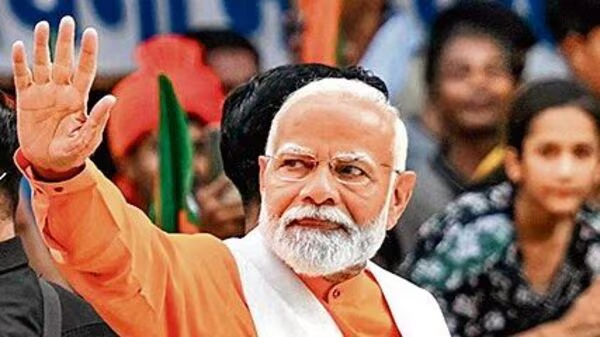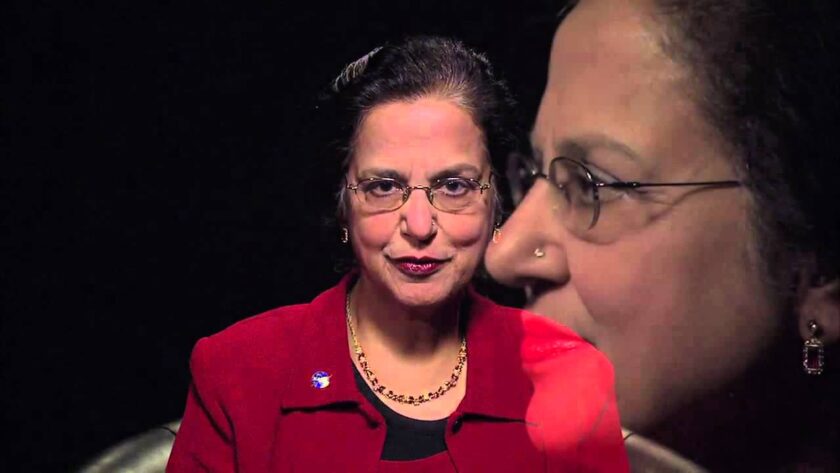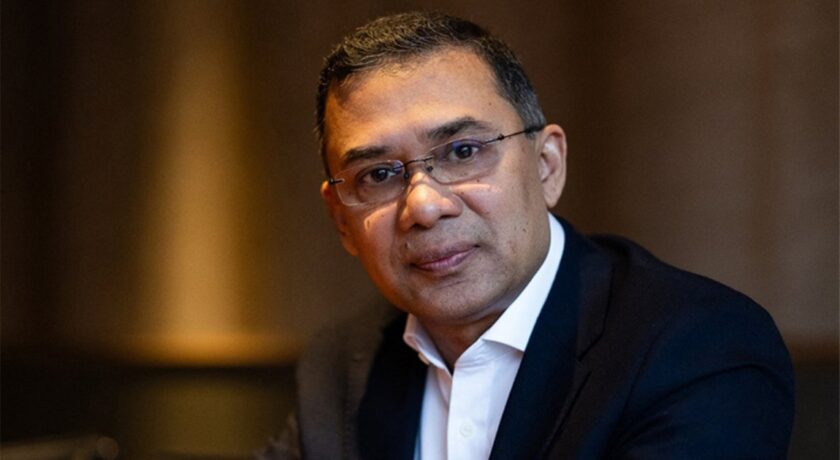Rio: The meeting between External Affairs Minister S. Jaishankar and his Chinese counterpart Wang Yi on the sidelines of the G20 Summit in Rio de Janeiro marks a significant step in easing tensions and addressing key bilateral issues. The discussions centered around stabilizing India-China relations post-Ladakh disengagement, with potential advancements such as resuming direct flights, reviving the Kailash Mansarovar Yatra, and strengthening dialogue mechanisms.
Key Highlights:
- Border Disengagement and Progress:
- The successful disengagement at Demchok and Depsang has reduced tensions along the Line of Actual Control (LAC).
- Both sides resumed patrolling after a four-year hiatus, marking a step towards restoring peace.
- Kailash Mansarovar Yatra and Flights:
- Discussions included resuming the revered pilgrimage to Mount Kailash and restarting direct flights, both halted since the COVID-19 pandemic.
- Focus on Stability and Multipolarity:
- Jaishankar emphasized India’s commitment to a multipolar Asia and global framework, rejecting unilateral dominance.
- Both ministers acknowledged the unique role of India-China relations in global politics.
- Strengthening Dialogue Mechanisms:
- Upcoming meetings between Special Representatives and the Foreign Secretary-Vice Minister mechanism aim to deepen collaboration and manage differences.
- Continued Military Presence and De-escalation Efforts:
- Despite disengagement, troop deployments remain significant, with both sides pursuing trust-building measures.
This engagement underscores cautious optimism in India-China relations, balancing strategic differences with cooperative efforts on global platforms like BRICS and SCO. The emphasis on dialogue reflects a shared commitment to overcoming challenges and fostering regional stability.

---------------------------------------------------------------------------------------------------














